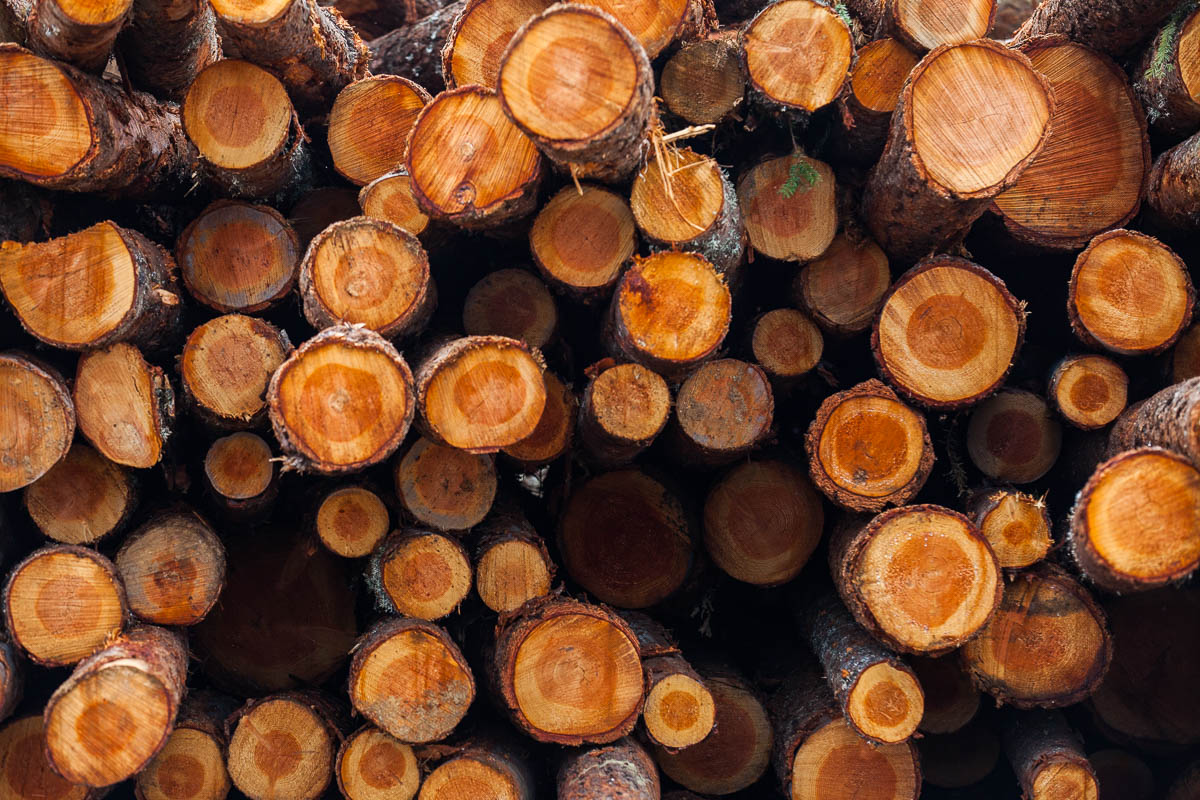Managing our Forests
July 13, 2023
Sustainability is Our Responsibility

We rely on forests for timber to make our wood products and are often asked how we manage forests today in a way that means there will be an abundance of healthy, diverse forests in the future.
Here are some Frequently Asked Questions and Answers on how Boise Cascade sources wood products for manufacturing and managing our forests responsibly.
Is using trees to make wood products bad for the environment and surrounding communities?
Because forests are vital resources to our planet and our specific business processes for wood products manufacturing, we are committed to using sustainably sourced wood from responsibly managed forests. We rely on forests for wood to make and distribute many of our products and are committed to managing forests today in a way that means there will be an abundance of healthy, diverse forests in the future. Healthy forests provide value to society in many ways. They help protect air and water quality, supply important habitats for wildlife, offer recreational opportunities, and provide forest industry careers as well as economic value.
Are forests disappearing in the United States?
No. Trees are a renewable resource. In the United States, twice as much wood is being grown each year as is harvested with the total volume of trees growing in U.S. forests increasing by 50% since the 1950s.1
Is wood an environmentally responsible building material?
Yes. As a building material, wood offers many environmental benefits that matter to communities across the country. It is the only major building material that is renewable and sustainable. Wood is better for the environment in terms of greenhouse gas emissions, air and water pollution, and other impacts.2
1 US Forest Service Resources Planning Act Assessment
2 American Forest Foundation
- Compared with concrete and steel, wood products help to increase a building’s energy efficiency and minimize the energy consumed throughout the life of the product. Steel and concrete consume 12% and 20% more energy, emit 15% and 29% more greenhouse gases and release 10% and 12% more pollutants into the air, and generate 300% and 225% more water pollutants than wood.
- Using wood also helps keep carbon out of the atmosphere, helping to mitigate climate change. Trees store carbon dioxide as they grow. After harvest, wood products continue to store much of this carbon. These benefits continue when wood is reclaimed to manufacture other products.
- Wood can improve energy efficiency. An excellent insulator, wood has a cellular structure that allows for air pockets, helping to slow the conductivity of heat.

What about all the energy it takes to make wood products?
We are fortunate to have plentiful access to bark from trees (biomass) and other by-products of wood that are left over from our manufacturing operations. This allows us to maximize carbon-neutral energy sources. Using our own residual wood fiber allows our manufacturing facilities to rely on carbon-neutral biomass fuels for approximately 70% of their total energy.
What about the impact on the communities where trees are being harvested and turned into wood products?
The forest products industry is a major national employer. It’s among the top 10 manufacturing employers in 45 states. Nearly 950,000 people are employed in the industry and more than 2 million jobs are supported through the supply chain.
As a result, local economies can be highly dependent on these companies.
Some of the ways we give back:
- Donating critical supplies for natural disasters and other events like the COVID-19 pandemic
- Charitable giving programs
- Engaging with local schools
What actions are we taking at Boise Cascade to promote responsible forestry practices:
- We will not knowingly accept wood from illegally logged forests and strive to procure wood and wood products harvested in a manner that balances the needs of the environment, wildlife, and surrounding communities.
- Globally, we follow a Wood and Forest Based Product Procurement Policy that addresses responsible wood procurement and forest certification practices through recognition of credible third-party standards.
- The soil, water, biodiversity, climate, cultural, economic, and recreational values of healthy forests benefit the planet and communities far beyond our own supply chains. We work collaboratively through global, national, and local forestry organizations to aid their efforts and develop actions that continuously improve our own procurement practices.